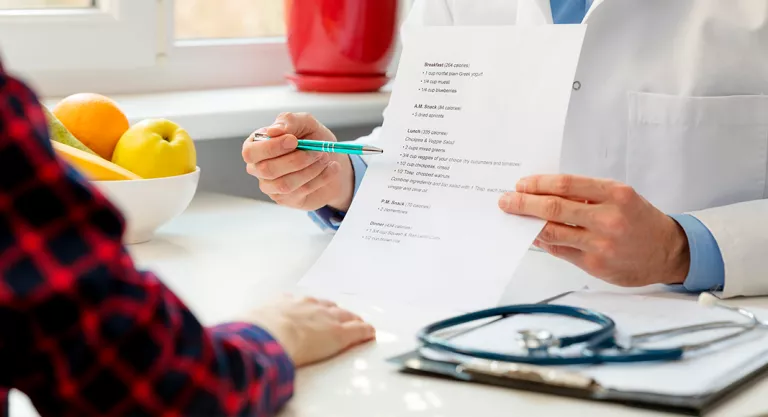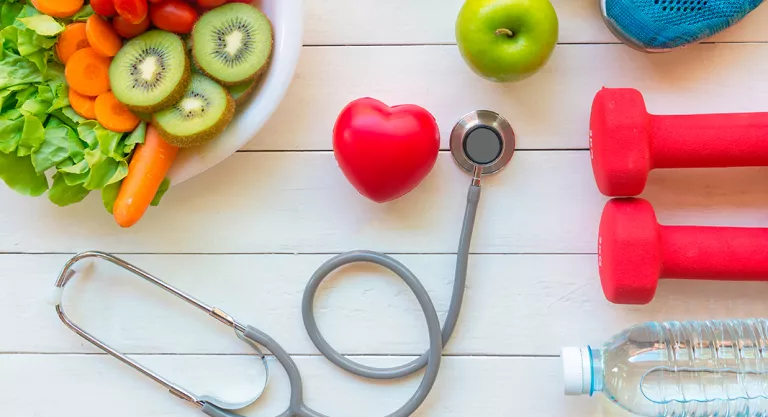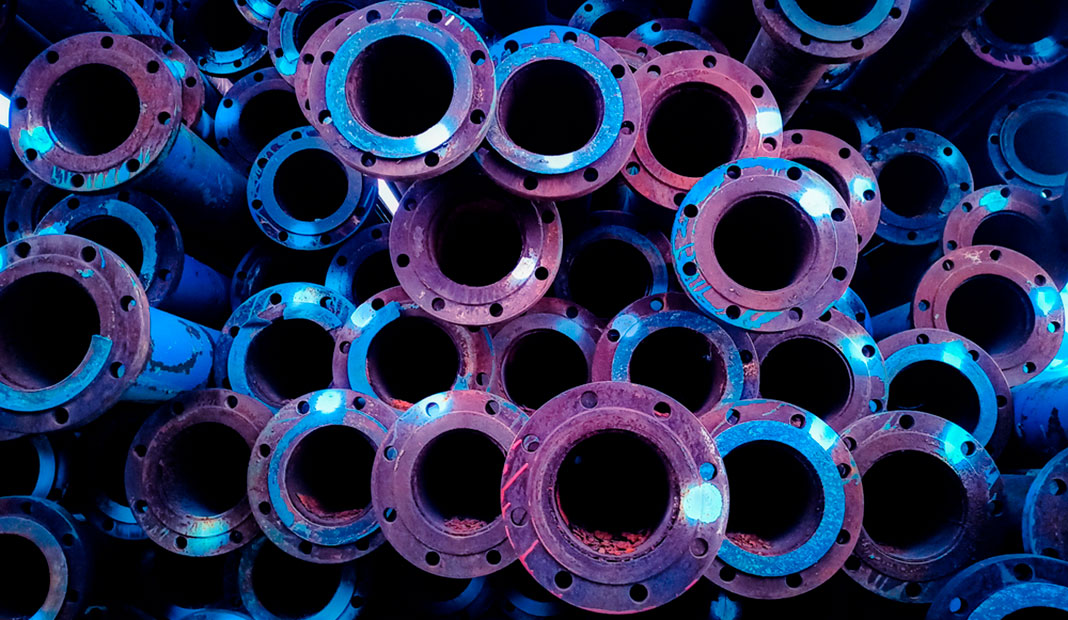Food is one of the most fashionable topics in recent years. We want to eat better, take care of our diet, avoid being overweight… but do we turn to the right experts for that help? The truth is that, like any trend, around everything that surrounds nutrition, those who disclose without having knowledge about it soon proliferate. The marketing of miracle diets, and the touted “what has worked for me” by influencers on social networks has made true professionals sometimes go into the background. For this reason, on World Dietitian-Nutritionist Day – which takes place every November 24 – we tell you who dietitians-nutritionists are, what they do (and what they don’t) and how they can help you in the goal of balancing your diet… and your Health.
Having a good diet may seem simple in theory, but it becomes quite complicated in practice. Sufficient amounts of proteins, minerals, carbohydrates…, specialized diets for professional or amateur athletes, pregnant women or those with illnesses, is not an easy task, but luckily there is the figure of the dietician-nutritionist.

To begin with, it is important to specifically define what a dietitian-nutritionist is and the answer is in the Consensus Conference of the Professional Profile of the Diploma in Human Nutrition and Dietetics, which establishes that “a dietitian-nutritionist is a health professional, with a degree university, recognized as an expert in food, nutrition and dietetics, with the ability to intervene in the diet of a person or group, from the following fields of action: nutrition in health and disease, dietary advice, research and teaching, public health from government agencies, companies in the food sector, collective and social catering”.
This definition is contained in Law 44/2003 of November 21, 2003 on the Regulation of Health Professions. But in case it has not been clear enough for you, these are the main competencies that dietitians-nutritionists have, and their functions according to the field in which they work, according to what Manuel Moñino, 2nd Vice President of the General Council of Official Colleges of Dietitians, told us. Nutritionists and Paloma Quintana Ocaña, dietitian-nutritionist at Nutrición con Q:

What is not a dietician-nutritionist
We have already told what a dietitian-nutritionist is, but it is also important to know what they are not, as there are still many misconceptions in society about them. For example, according to the website dedicated to the World Day of the Dietitian-Nutritionist, which takes place every November 24, dietitians-nutritionists:
Dietitian, nutritionist and dietitian-nutritionist: differences
Dietitians-nutritionists should not be confused with those who have completed a higher technician in dietetics. Paloma Quintana clarifies that “the word nutritionist is the one that is used abbreviated to denominate the dietitian-nutritionist, while a dietitian has completed a Superior Technician in Dietetics, the nutritionist or dietitian-nutritionist has completed a University Degree, therefore, considered a higher rank and can register as a dietitian-nutritionist by acquiring a health license for his center”.

For his part, the dietitian Pablo Ojeda explains that “both the dietitian and the dietitian-nutritionist are the two official regulated studies that allow you to interact with the patient in their life habits (diets). The dietitian is the Superior Technician in Dietetics and Nutrition. The dietitian-nutritionist is the graduate, who, in addition to diets, can diagnose pathologies while dieticians, in theory, can only treat them when they are already diagnosed”.
When should I see a dietician-nutritionist?
Manuel Moñino is clear about it, it is advisable to go to the dietitian-nutritionist at least once in your life to learn how to eat. Also if you are experiencing any disease associated with food –such as celiac disease, diabetes, intolerances or allergies, high blood pressure, heart disease, high cholesterol, cancer, kidney failure…
On the other hand, the expert from the Spanish Academy of Nutrition and Dietetics advises that you have the support of these professionals in key stages of life, such as adolescence, pregnancy, lactation, post-surgery, old age, disability or if it is performed some elite sport, among other assumptions.
It is recommended to go to the dietitian-nutritionist at least once in your life to learn how to eat, in addition to if you have any disease associated with food
If you think that you are not at your ideal weight, it is also a reason to go to the dietician-nutritionist, leaving aside the miracle diets that are very dangerous for your health and betting on the great knowledge of these professionals in matters of feeding.

If you have come this far and are interested in knowing how you can find a dietitian-nutritionist to put yourself in their hands, Paloma Quintana explains that “you can go to him in a private consultation, visiting the personal and professional website of each dietitian-nutritionist or consulting schools in each community. We found this professional in the different positions mentioned, but not in public health”.
Why is World Dietitian-Nutritionist Day celebrated?
Every November 24, the World Day of the Dietitian-Nutritionist takes place, which is celebrated due to the need to make the figure of this professional known to society, as explained on the website dedicated to this annual commemoration. In addition to informing about the role of this toilet, it is also intended to divulge food myths and errors, give general nutritional advice to the population to promote healthy lifestyles.

This day is promoted and organized by the General Council of Colleges of Dieticians-Nutritionists of Spain with the aim of promoting the profession, promoting the citizen-dietician relationship, so that the population sees him as a close professional and capable of helping him with his diet. daily, and contribute to community nutrition and public health, which would prevent a large number of food-related pathologies.
.














